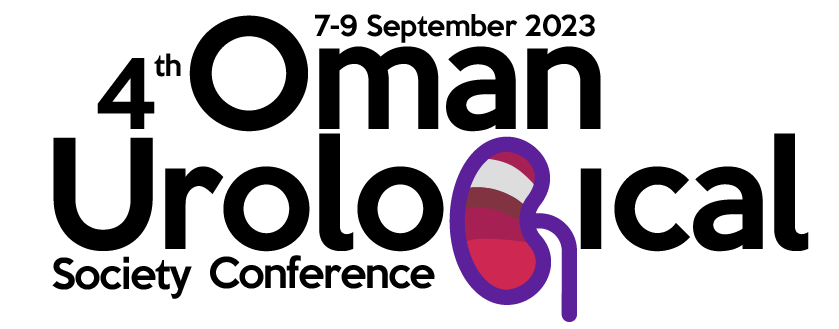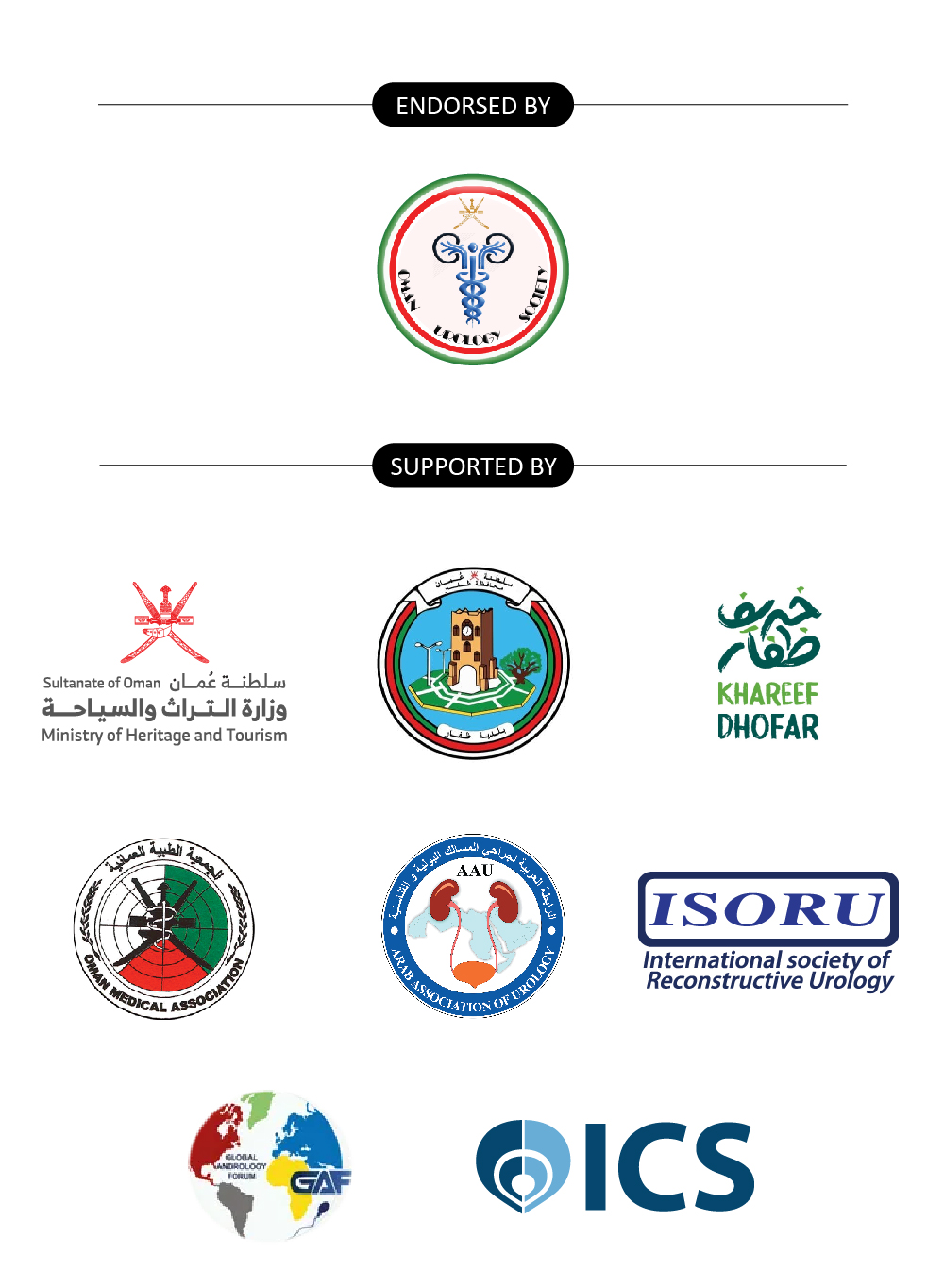 |
Thursday, March 21, 2019 at 04:00 PM – 04:45 PM on Workshop Room B |
| Facilitators: Dr. Dimitrios Vasilakis |
Background: A refugee is someone who has been forced to flee his or her country because of persecution, war or violence. The number of refugees in Europe in the past few years has increased dramatically. The process of migration may affect physical, mental and social health. Many health professional encounter great difficulties to deliver a high quality health care for this population.
Aim: Identifying the most prevalent figurative causes of frail mental and body health of refugees;
- Identifying the health consequences to the host country due to the refugee crisis;
- Identifying barriers to access healthcare;
- Analyzing the behavioral patterns of the social workers/doctors who work with refugees;
- Addressing verbal and non-verbal sexual violence in the refugee population;
- Sharing tools to help the integration of refugees in the society, decrease the stigma and achieve a cross-cultural approach;
- Building strategies to deliver healthcare that meets the needs of the refugees (vaccination, reproductive health, pregnancy surveillance, STIs).
Session Description/Methodology: Introduction of the chairs and the participants and assessment of relevant experience on the topic. Relevant definitions and terminology. Brainstorm activities regarding the aims mentioned above. Collective creation of a tool/checklist that helps screening and organizing the healthcare interventions refugees should receive.
Conclusion: Strategies tackling refugees’ health could enhance their health status and integration, which will also benefit the host country at many levels. The healthcare provided should be person-centered, compassionate, affordable, cross-cultural and integrated for all ages and conditions. Triage plays an important role to sort out the acute cases, make awareness of the vulnerable groups and prevent the spread of communicable diseases. It’s important to open a discussion with the East Mediterranean countries to improve our strategies and share common mechanisms.


